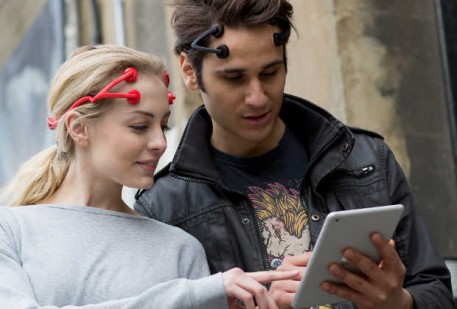Defined as the permanent cessation of all brain activity as measured by clinical and laboratory tests, brain death is currently accepted in all 50 states and within the context of all major religions.
The concept of brain death itself is a consequence of technology. After the development of positive-pressure ventilators, a patient’s respiration and circulation could be sustained long after the termination of all brain activity. Thus, there was an urgent need to clarify what constitutes death. By returning to the biophilosophical concept of the loss of an organism as a whole, medical researchers established brain death as the primary clinical determination.
However, once declared brain dead, a patient can still retain some features associated with the living, such as a beating heart.
Among general audiences, these superficial signs of life can cause confusion. Unlike a persistent vegetative state, in which a patient’s brain stem is still functioning – allowing for the patient to breathe on their own and potentially recover – brain death is irrecoverable. This crucial distinction can be made painstakingly clear via a series of clinical tests, but to a lay observer, the differences can be imperceptible. Continue reading »




